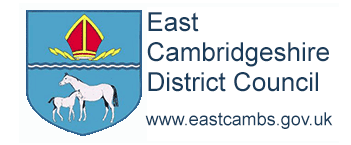East Cambs Climate Action Network calls for more Community Orchards
It’s the beginning of May and the apple blossom is blooming across East Cambridgeshire. As one of its five climate change asks “to support and facilitate wildlife conservation and ecosystem restoration locally” the East Cambs Climate Action Network (CAN) is calling for more local communities to set up Community Orchards like the ones established in Little Downham in 2006 and also the one in Reach in 2013.
In 2007, traditional orchards were designated as a priority habitat in the UK Biodiversity Action Plan because of the wildlife – a variety of flora and fauna – that can be supported by this environment – insects, birds, bees, bats, foxes and small mammals as well as wild flowers. Indeed, some community groups choose to keep bees on their orchard to pollinate the fruit trees. In addition to keeping bees for honey production, orchards can protect bumblebees simply by creating a habitat for them to exist. Both honey bees and bumblebees are beneficial in pollinating orchards. The value of bees in pollinating agricultural crops has been estimated between £120-200m per year but they are susceptible to diseases which can kill them.

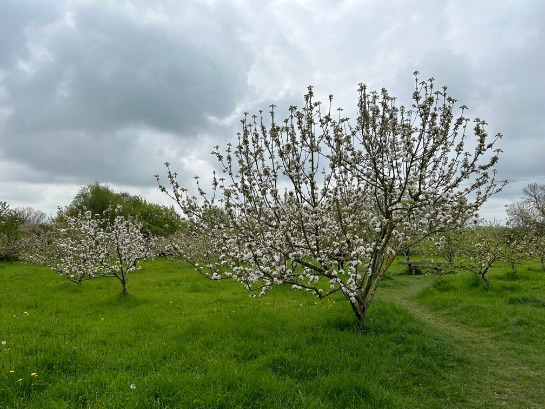

Local Ecologist Jethro Gauld, who recently started working for the RSPB and is co-chair of East Cambs CAN said
“creating a traditional community orchard is a great way to help wildlife while also improving local greenspaces and in the long run, provide a source of food for the local community”.
He then went on to say:
“this can be particularly beneficial for wildlife when combined with other measures such as creating wildlife ponds, hibernacula for amphibians and small mammals, nest boxes for priority species like swifts, sparrows and starlings and limiting mowing in the months of May, June and July to allow wildflowers to flourish”.
In 2021 East Cambridgeshire District Council launched the ‘Create an Orchard’ scheme with the goal of establishing 26 new orchards across East Cambridgeshire. In the first year 200 trees were granted and 20 new orchards created. In the second year a further 100 trees were given and 7 more new orchards were established. More information
In 2011 the UK government produced a guide to setting up your own community orchard. More information is available from The Orchard Project. Also read the article “Boosting bee diversity can help stabilise crop production – new research” published in The Conservation in March 2021.
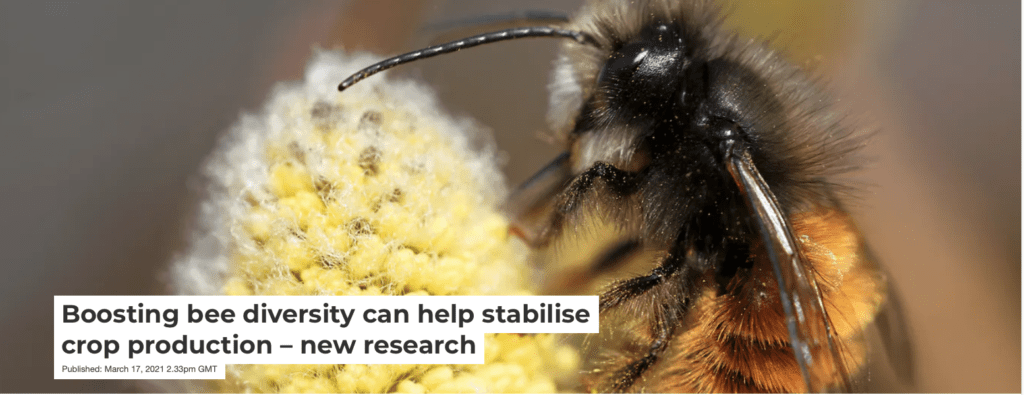
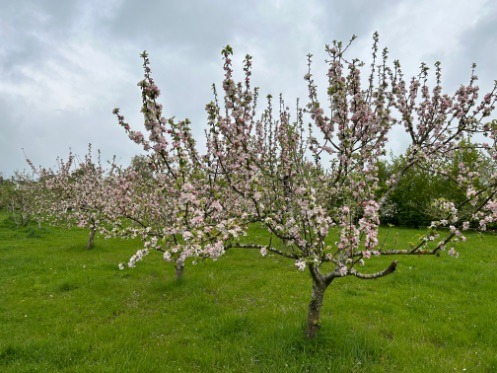
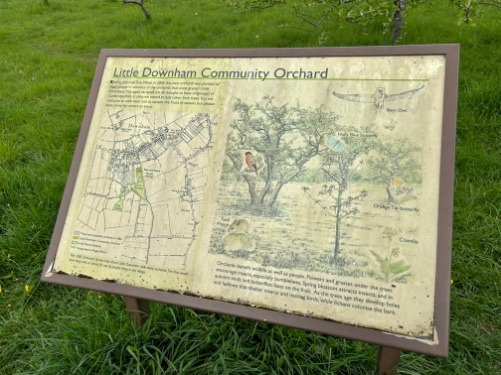
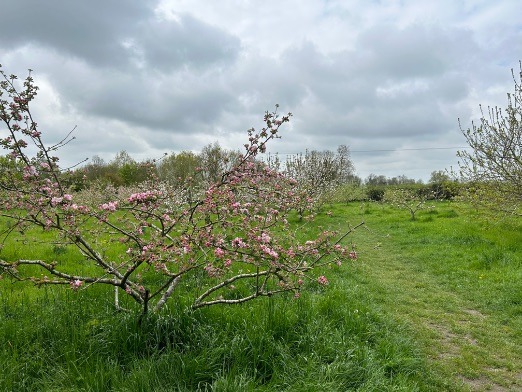
East Cambs CAN is collecting information about other community orchards in East Cambridgeshire show they can be used as case studies for other local communities. Please contact Peter Bates


